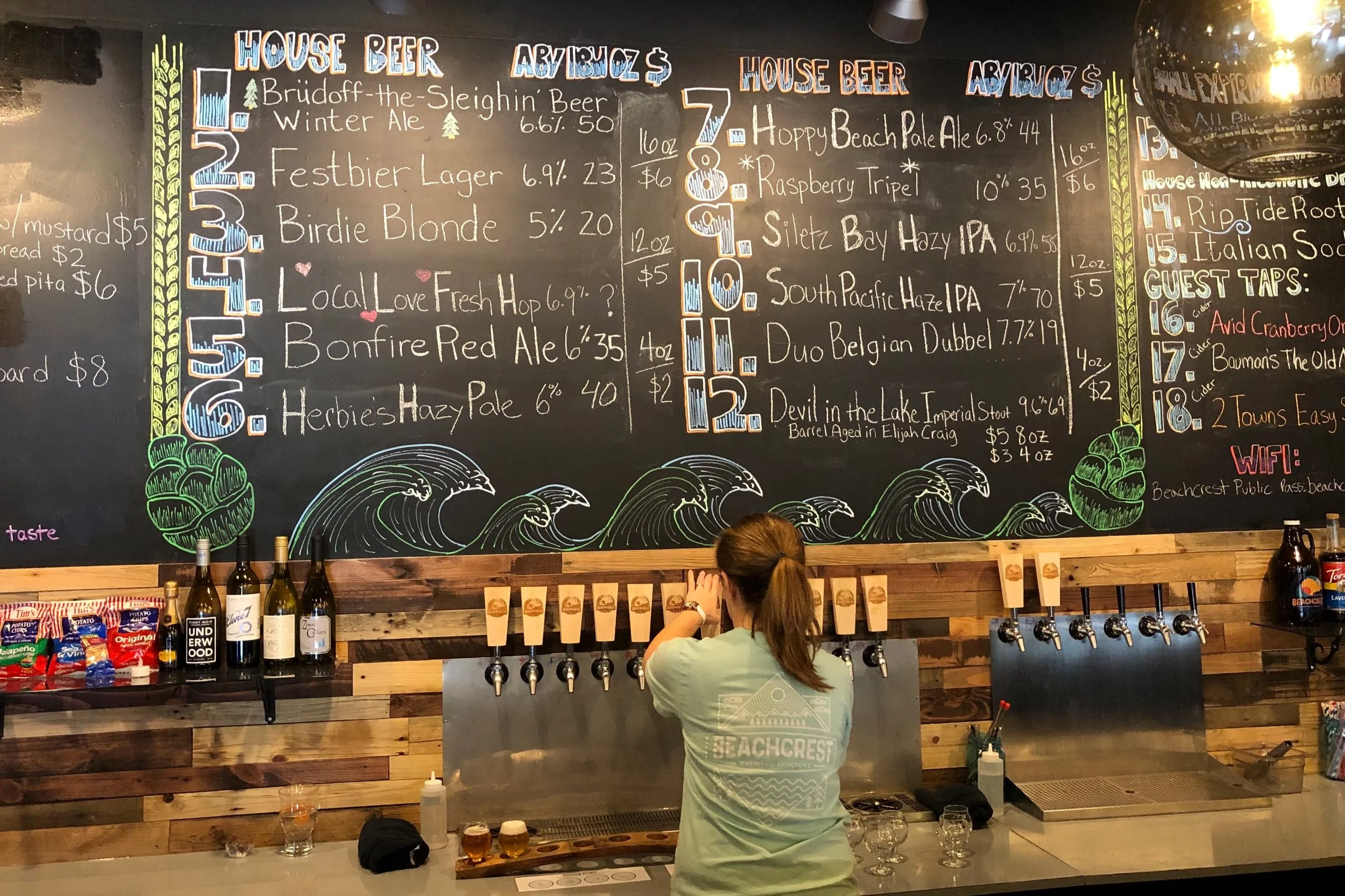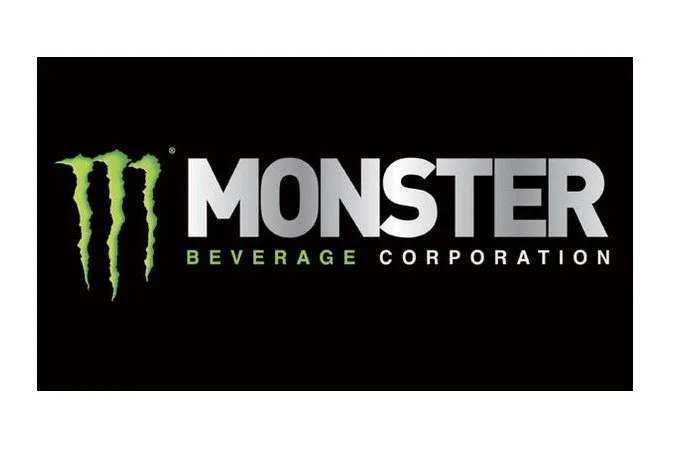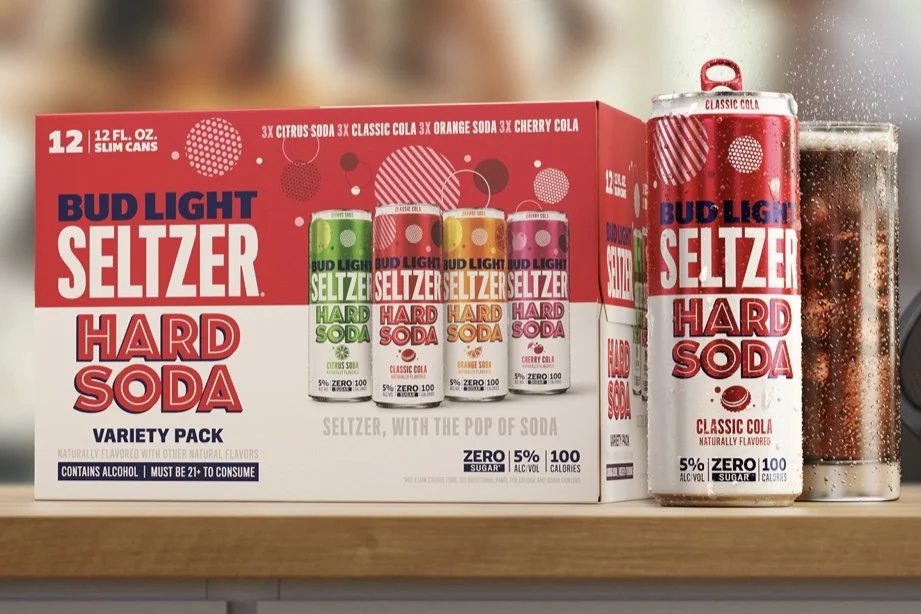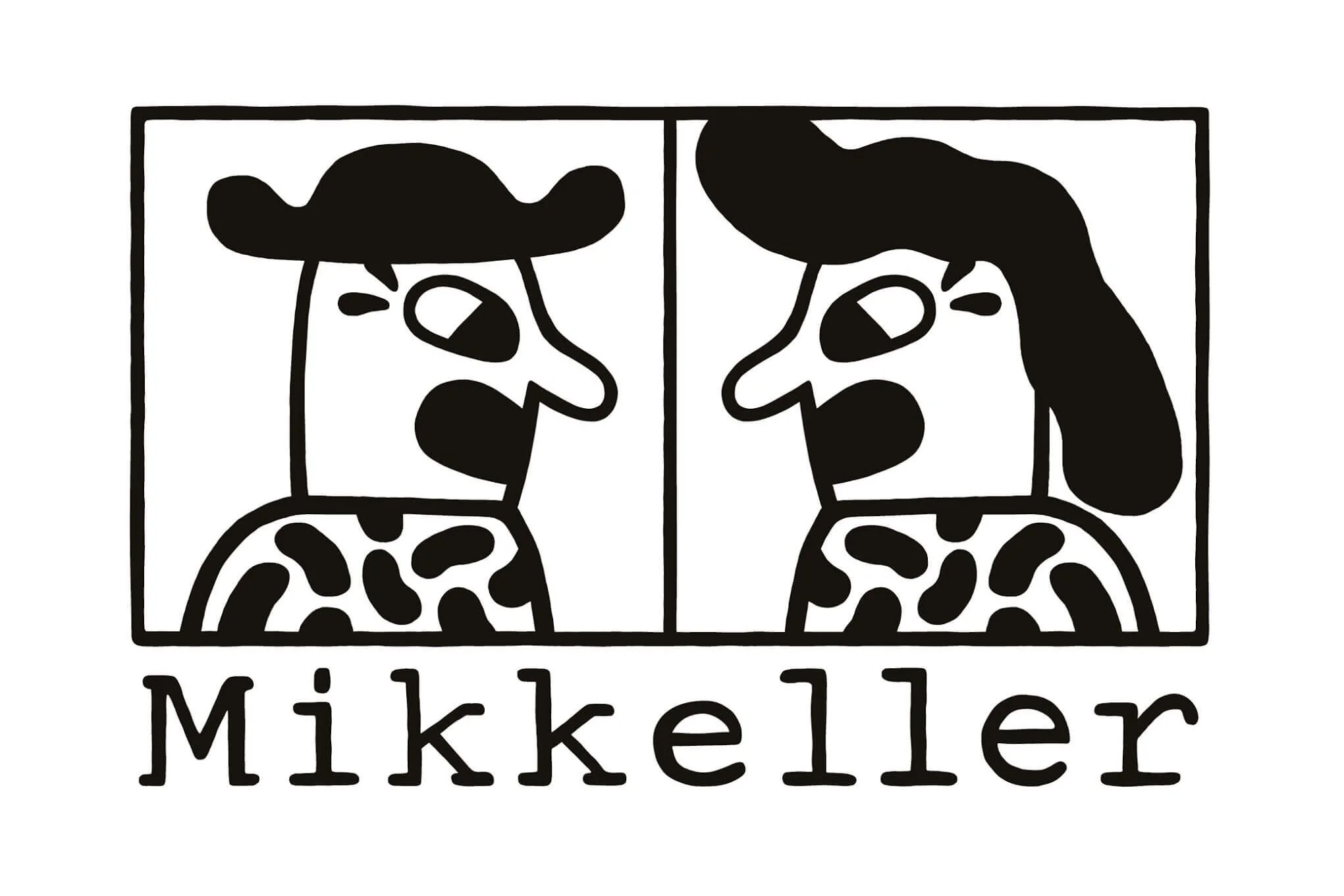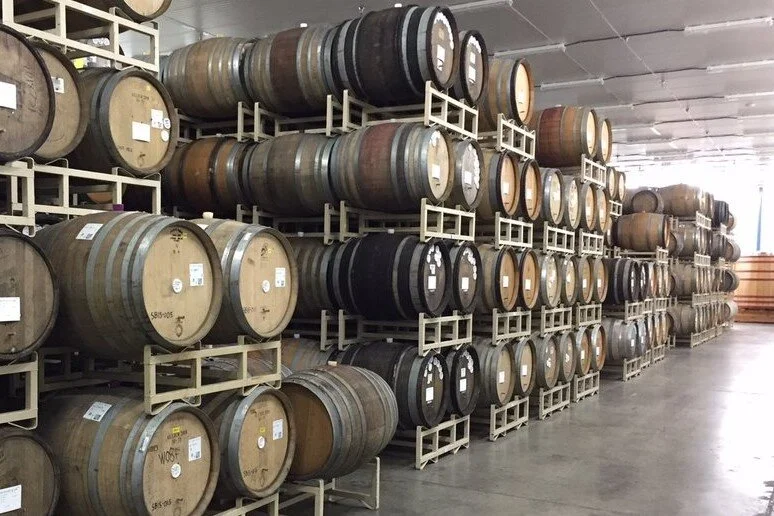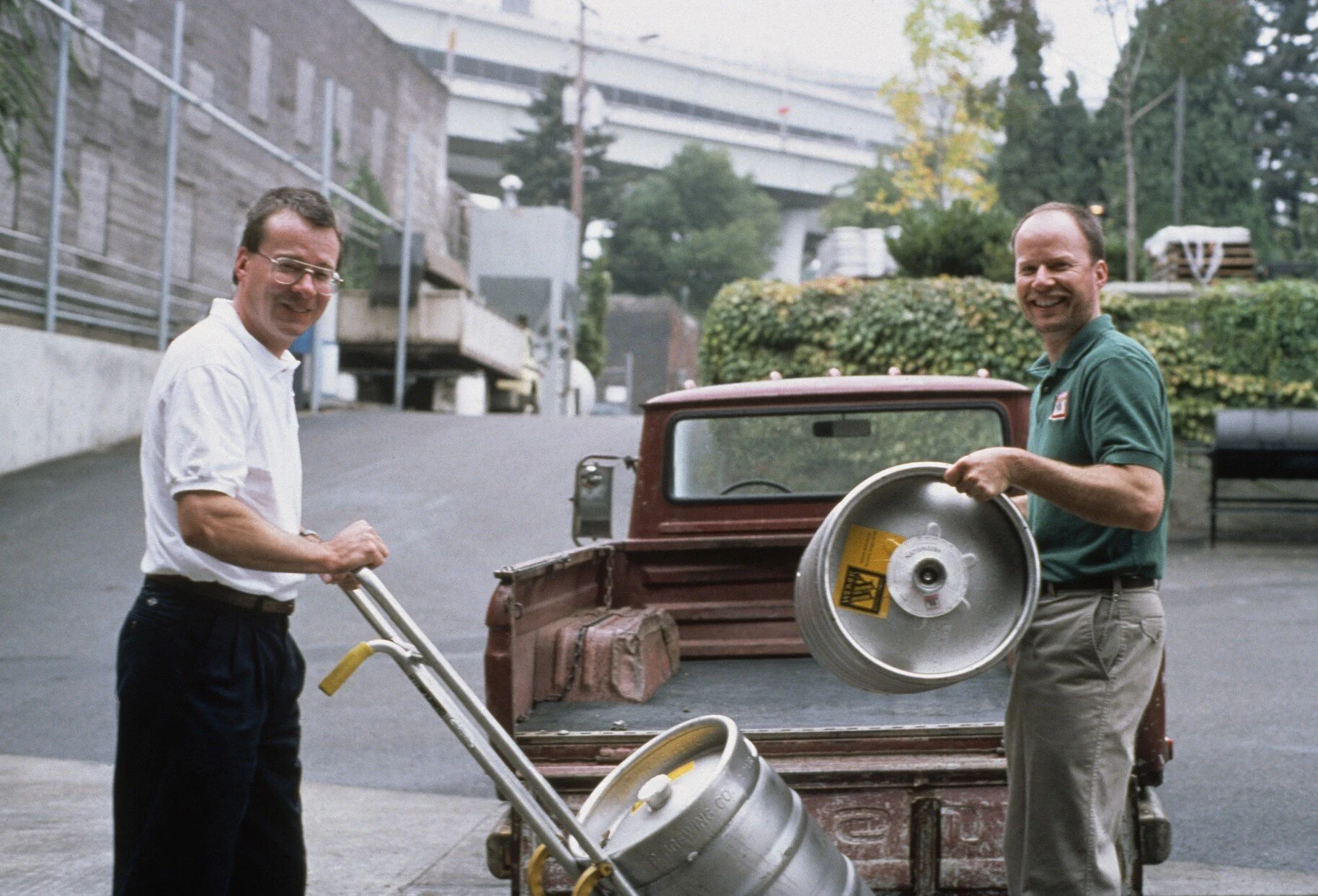Consolidation among craft brewers happens so often most people just shrug at the announcement of a new acquisition. One small brewer explains why you should care.
Read MoreFor the most successful of craft breweries, “independence” is increasingly a losing proposition.
Read MoreMonster Beverage announced the purchase of Canarchy today, a collective composed of the breweries Cigar City, Oskar Blues, Deep Ellum, Perrin, Squatters, and Wasatch. The deal was valued at $330 million.
Read MoreSo we bid adieu not just to Saint Archer, but the over-exuberance of an era that thought a buying such a brewery was a good bet. I don’t expect to see Molson Coors buying another small, two-year-old brewery founded by a bunch of surfers anytime soon.
Read MoreWe need to talk about a new product from the Anheuser-Busch InBev corporation of São Paulo/Leuven/New York: Bud Light Seltzer Hard Soda. If the string of adjectives and nouns in that title makes sense to you, and it almost certainly does, something weird has happened.
Read MoreInternational giants like AB InBev and Molson Coors have made no secret of their strategy to pursue seltzers and FMBs—even if it hurts their beer business. So why is Kirin doubling down on beer, and especially, craft beer?
Read MoreLarry Bell announced that he was selling his 36-year-old brewery, Michigan’s Bell’s, today. The language was weird and somewhat concealed the actual details. Yet unlike so many bloodless M&A announcements, the reason may have everything to do with the difficulty of this sale.
Read MoreWhat happens when a company does something they admit was wrong and damaging? For customers and industry partners, it means a time out in the penalty box until they clean up their act.
Read MoreFor people like me devoted to the culture, craft, and history of good beer, mass market products are like clouds passing through a blue sky. Once the new products were dry beer and wine coolers and now they’re alcoholic sodas and seltzers. They will be passing overhead forever because people like them.
Read MoreBoston Beer overestimated growth for its Truly brand of hard seltzers and is getting roasted in today’s business sections. But are the writers declaring the “hard seltzer craze has come to an end” right? Is hard seltzer really dead?
Read MoreA comment by the Beeronomist highlights where craft beer is headed in a post-pandemic era in which large companies have abandoned beer for seltzers and FMBs as more reliable vehicles for national sales. Depending on how and where you look at that situation, it paints an alternatingly comforting or alarming picture.
Read MoreSeltzers, canned cocktails, hard teas, flavored malt beverages: these represent a complex regulatory stew of products but may in many cases be called “beer.” Once a small enough market it didn’t matter, they are now such big business they may destabilize the entire alcohol industry.
Read MoreThe OLCC has released its annual sales figures for 2020, and the numbers are mixed—which counts as good news in a pandemic year. One brewery had an especially good year and another, important one, a worryingly poor one.
Read MoreYesterday Bend’s Deschutes Brewery announced it was buying in-town rival Boneyard. Beware hot takes about how happy the marriage will be: the devil in these kinds of deals involves details we can’t see.
Read MoreFor decades, Americans have been warned of the dangers of the “tied houses” and the sterling virtues of a three-tiered system of production, distribution, and retail. But is this all hogwash? Craft breweries are testing the theory.
Read MoreThanks to the pandemic, home delivery has become an important way people receive their beer. A new business built around home delivery suggests a new way of doing things that may last well after we’re back to “normal.”
Read MoreBarrel-aged and specialty beers used to drive excitement and interest in craft beer. Lately, however, retailers and distributors are reporting that they’re not moving like they once did. Are specialty beers in trouble?
Read MoreSince 2006, Deschutes has packaged their Reserve Series line of beers in 22-ounce bombers. This week, they changed course, releasing The Abyss in a four-pack of 12-ounce bottles. Here’s what they were thinking.
Read MoreNow that Widmer and Redhook are dying brands in a large portfolio owned by a three-continent megabrewery, the connection to Portland fades into history.
Read MoreUsing simple language is probably more important now than ever, because craft beer is mainstream. To compete with the seltzers, light beers, and Mexican lagers that appear next to them on shelves and menus, beers need to have clear descriptions. When they don’t, casual drinkers will reach for beverages they understand.
Read More
